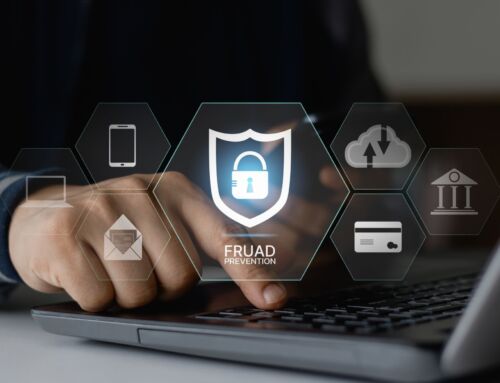
NextGen Healthcare Inc. (NextGen), an electronic health record (EHR) technology vendor, agreed to pay $31 million to resolve allegations that NextGen violated the False Claims Act (FCA) by misrepresenting the capabilities of certain versions of its EHR software and providing illegal kickback to its users to induce them to recommend NextGen’s software.
Healthcare providers across the country have adopted Electronic Health Record (EHR) technology in their offices in an effort to provide better service to their patients. EHR technology makes it easier to access patients’ records and history, share information between providers, and provide overall better care. According to the Department of Justice, “Every day, millions of patients and health care providers across the country rely on such records to accurately identify and transmit vital health information. The Civil Division is committed to protecting the integrity of the electronic health records software that is available to providers and the process by which they decide which software to select.”
The DOJ alleges that NextGen falsely obtained certification for its software in connection with the 2014 Edition certification criteria. The government alleges that NextGen relied on an auxiliary product designed only to perform the certification test scripts, which concealed from the certifying entity that NextGen’s EHR lacked critical functionality such as the ability to record vital sign data, translate data into required medical vocabularies, and create complete clinical summaries.
The government also alleges that NextGen violated the Anti-Kickback Statute, which prohibits anyone from offering or paying, directly or indirectly, any remuneration to induce referrals of items or services covered by Medicare, Medicaid, and other federally funded programs. The government contends that NextGen knowingly gave credits, often worth as much as $10,000, to current customers whose recommendation of NextGen’s EHR software led to a new sale. The government alleges that other remuneration, including tickets to sporting events and entertainment, was also provided to induce purchases and referrals.
EHR fraud can cause serious patient harm. Doctors and healthcare workers rely on safe, quality EHR software in order to effectively do their jobs. When EHR companies cheat the system and misrepresent the capabilities of their products or influence medical decision making through kickbacks, patients may be at risk of harm or even death. The Department of Justice is taking a hard stance on holding EHR companies accountable and has settled with numerous EHR companies.
The $31 million civil settlement includes the resolution of claims brought under the qui tam or whistleblower provisions of the FCA by two health care professionals at a facility that used NextGen’s software. Under the FCA, a private party can file an action on behalf of the United States and receive a portion of any recovery. The whistleblowers in the NextGen case will receive $5,580,000.
Whistleblowers are essential in the discovery and investigation of healthcare fraud. Whistleblowers are protected from retaliation under the False Claims Act and can receive a portion of the recovery as an award for coming forward to report fraud. It is recommended that whistleblowers seek the guidance of an attorney when reporting EHR fraud.
Get Answers Now
Get a free case evaluation to help determine your legal rights.




